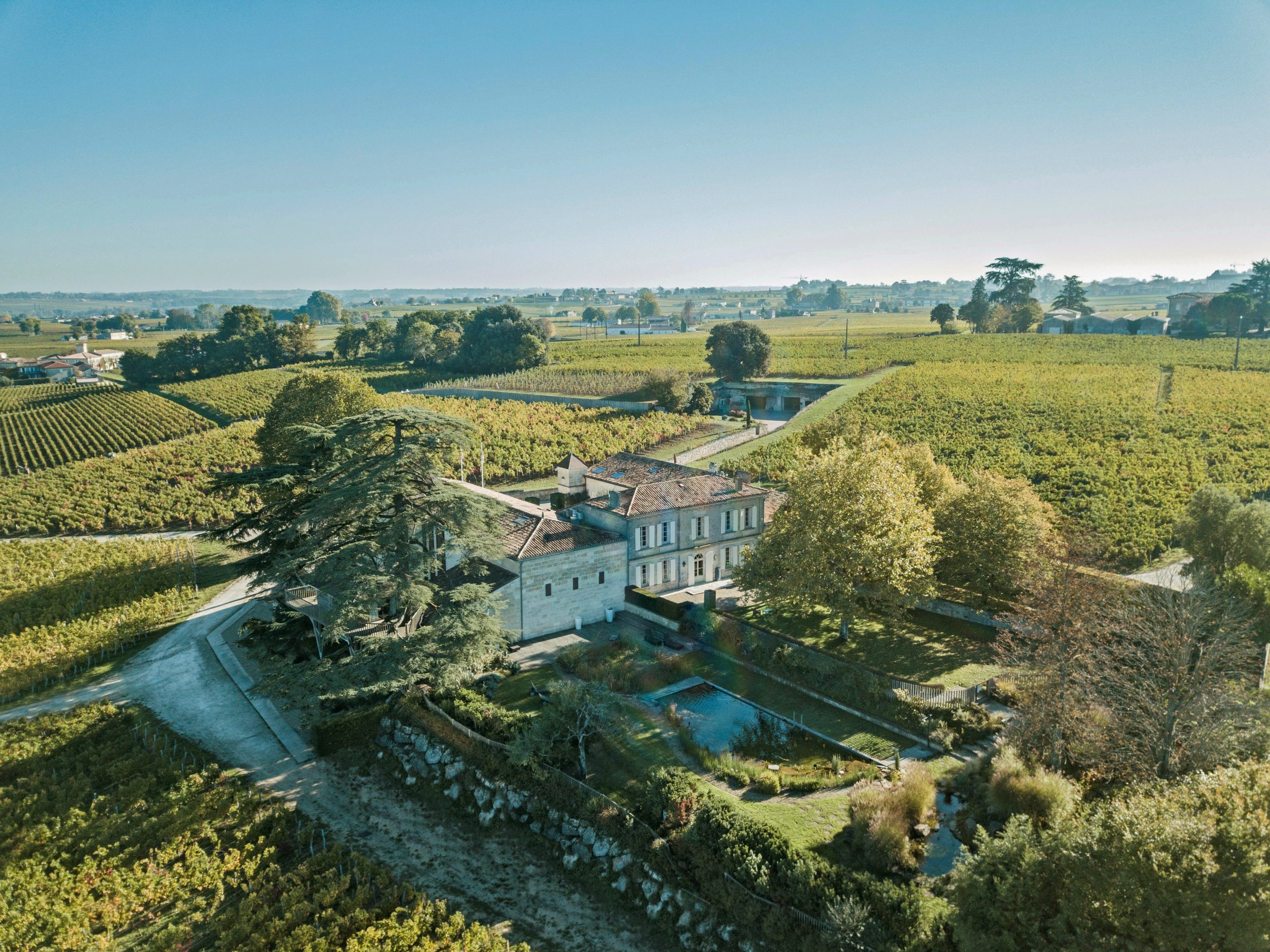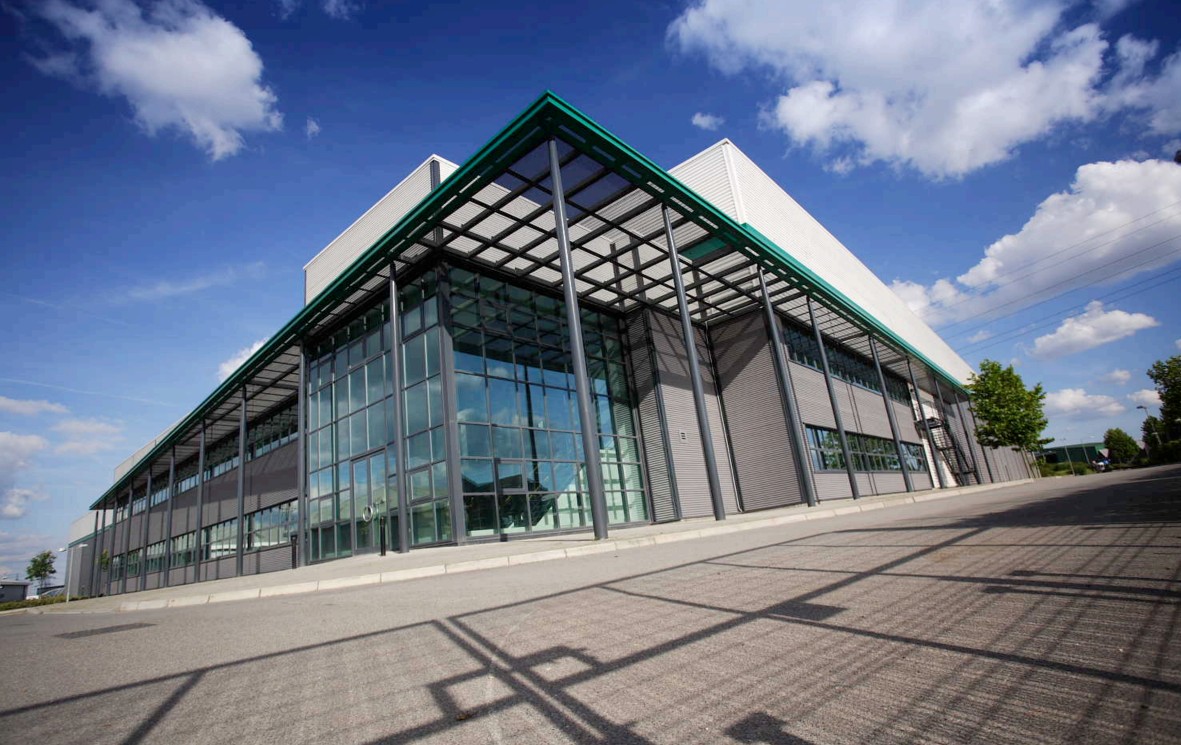Keeping it personal
Berkmann Wine Cellars is experiencing growing pains, but this is because it’s refusing to compromise its human touch, says Robyn Lewis
CELEBRATING 40 years of business, and with this year’s On-Trade Supplier Of The Year award from the International Wine Challenge to mark the milestone, now seemed an appropriate time to take a look at independent wine merchant, Berkmann Wine Cellars.
Thus, one pleasant Wednesday afternoon, I trekked up to the company’s north London office in the shadow of Pentonville prison. It might not be the most auspicious of locations but the company has continued to thrive since it moved here over two decades ago.
Now supplying over 5,000 UK restaurants, hotels and retailers, Berkmann has undergone some impressive expansion over the last eight years in particular and is now coming to something of a pivotal point.
"We are undergoing some growing pains, as we make the transition from our current size to a larger company," confirms company founder, Joseph Berkmann. "Changing from individualism to corporatism is a complex exercise but we are taking the long-term view and looking to slowly change the business as we grow.
Looking at the wine business as a whole, I think that long-term we are in difficulty and a lot of companies, in my opinion, will not survive. When it comes to supplying restaurants, as we do, the margins are tight and the fight for business is extraordinarily hard."
The on-trade is still, however, where the business is looking to be, with the off-premise market likely to become even more difficult, predicts Berkmann. "The off-trade will continue to represent an important part of our business going forward, but in an increasingly consolidated market who is likely to be jettisoned from the off-trade supply mix? The middleman.
I mean, if you look at the current supply chain, will the buyers and brand owners need wholesalers?" The on-trade arm of the business and, in particular, the restaurant sector has always been at the heart of the company, which was originally created as a supplier to Berkmann’s restaurant, Genevieve.
Then a successful partnership with Georges Duboeuf and the selling of restaurants in 1982 established Berkmann Wine Cellars in its current form. This company history has given the business a real point of difference in the market, says current managing director, Dinesh Changela.
"Because Joseph Berkmann was a restaurateur he knew what the sector wanted in terms of their suppliers and that gave us a unique perspective." And that has translated into a business where frequency, flexibility and local service are core aims, Changela explains.
From these values the company has developed a business structure that allows it a national reputation, with an HQ in London, but with local offices that keep the focus regional as well. "We make sure that each one maintains its own personality; some have even kept their own names after we acquired them – Pagendam Pratt, for example," Andrew Bewes, sales and marketing director, tells me.
"It might look crazy to have that structure as it is a very expensive business model, but it allows us to offer unparalleled service." "It is," Berkmann chips in, "important in the restaurant industry to have local people working in the market; they have to be hands-on and know their customers.
You can’t do this if you are sitting in London at the end of an automated system. We are losing the human touch these days and I feel our continued success is down to retaining that contact.
People’s tastes differ from Scotland to London – what one will buy the other won’t. I mean people in Lancashire don’t want to buy from Yorkshire men – even if they do speak French." It is within this type of structure, where relationships are key, that staff become an even more crucial element of the business, but it must be difficult to, first of all, employ exceptional staff and then to actually keep a hold of them?
"What we don’t have is a bunch of order takers. Our staff develop relationships and build trust with their customers," says Bewes. "Many of our salesmen come through the on-trade themselves and are wine people first.
Partner Content
They have to sell from over 1,000 products so those sorts of skills are very important, though obviously they have to sell as well. Yet, it is more about bringing the sales team to their potential than about sales targets, I think. We are not a business that is fixated with turnover.
We try and grab good salesmen as they come along and we keep them because they love the products."
"We have a good working atmosphere here – we work hard and we play hard. At the end of the day what a good salesman needs is a strong back-up team and that’s what we give them.
The local management element also helps, with each branch having its own manager, who is essentially the MD of that branch, and is responsible for everything at that level. Communication is, in fact, one of the biggest issues facing us and, indeed, companies in any industry these days.
The challenge is to make a salesman, who spends his days travelling around Scotland alone, feel he is part of the bigger picture." To this end the company has invested time and money in new computer systems to connect all the offices as well as consolidating the logistics element of the business.
In London, Berkmann has begun using dual-fuel vehicles for delivery, which have been a massive success, as deputy chairman Keith Calnan is keen to point out. As well as being environmentally friendly, they reduce the cost of delivery and avoid the congestion charge.
"London is actually the easiest place to serve," says Calnan. "We have 12 vans that can get next-day delivery to you if you are a restaurant, even the same day in some cases. We pull out all the stops to get to you.
All of us here have done deliveries on the way home for a customer and even our national account salesmen are happy to drop off at a small restaurant if he needs to. That’s how we work. Restaurants would rather have an extra table than a storage room, of course, and where we score over our competitors is we can send in stock every few days, or even every day."
However, central London is not where business is best at the moment (although of course it is a vital sector). In fact, it is the suburbs, Yorkshire and the north of England that are strong at the moment. And for the future, Bewes says the company is looking to expand into the Midlands where it would "make sense logistically to have another office," and there are plans for development south out of London.
"That’s the good thing about our business. It is so diverse that when one area is going down another is going up," he says. "Plus we keep in touch with what consumers want and we try to lead our customers to it. We are noticing, for example, that the on- and off-trades are merging.
For brands, in particular, there used to be a big divide in terms of what people would take, but now the big multiple on-trade chains and the multiple grocers are on one level and independent retailers, on- and off-trade, are on another, and one of the benefits we can offer to suppliers is that we can control the branding across the board in the UK for them.
Also, from the supplier point of view, they can see that the £5-£10 market is growing and that’s where we are. For us £4.99 is entry-level." It is not straightforward to sum up such a diverse business with a single mission statement.
They’ve tried to create one, they say, but it’s difficult. After a short pause, Bewes says, "I suppose the nearest we could get would be to say our philosophy is ‘One Size Doesn’t Fit All’, and that is something we are very aware of as a business."




